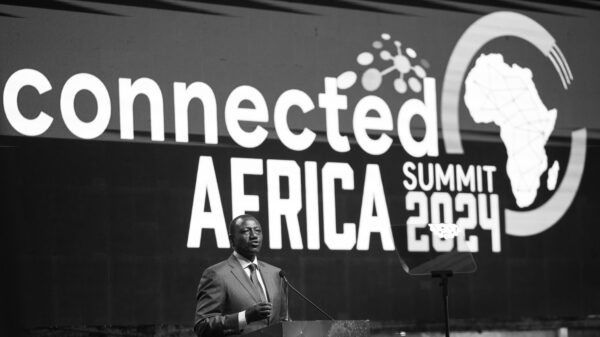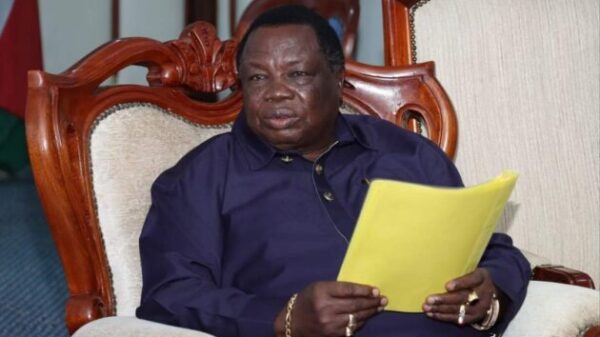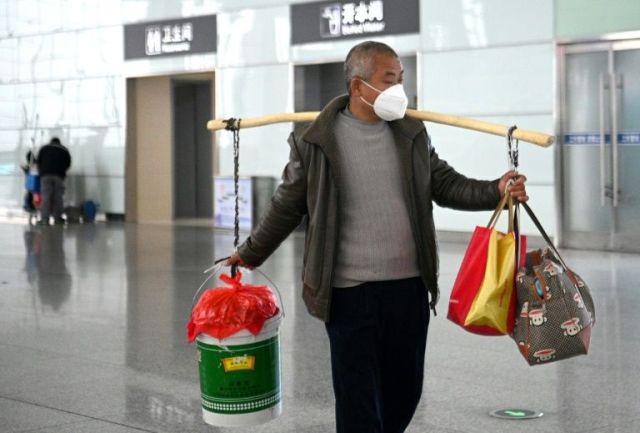SAO PAULO, November 9 – World finance chiefs aimed to forge a consensus Sunday on boosting the role of emerging nations and crafting a new system to help a struggling global economy.
The Group of 20 gathering of finance ministers and central bank governors wrap up a meeting in Sao Paulo that seeks to lay the groundwork for next week\’s Washington summit on the deepening economic crisis.
World Bank President Robert Zoellick, who is part of the discussions, said a new financial architecture will take time but that all countries see the need for a coordinated response to the economic troubles.
"All of us know it\’s a meeting at a time of historic challenge," Zoellick said.
"The food and fuel crises of the recent years have now been supplemented by the blow of a financial crisis. Virtually no country has escaped … All countries are moving into a danger zone."
Zoellick, who last month said that the Group of Seven was "not working" in fixing the economy but that a G20 system was "too unwieldy" indicated Saturday that a new system will take time to evolve but was inevitable.
"These global challenges require global solutions," he said.
"We need to modernize the multilateral system to bring in the important developing country voices such as Brazil …I think over the next two years we are going to see some real changes to the global system."
But asked about how the Sao Paulo meeting was moving toward establishing such a new system, Zoellick said, "I think it\’s too early to say."
The calls for a broader multilateral response came despite caution by Washington, where the lame-duck administration of President George W. Bush has been noncommittal ahead of the transition to president-elect Barack Obama, who assumes office in January.
US Treasury Secretary Henry Paulson was not at the Sao Paulo meeting of finance ministers and central bankers, sending instead Treasury undersecretary David McCormick, who said only that initial talks were "very productive."
McCormick did not elaborate, beyond noting that Brazilian President Luiz Inacio Lula da Silva, who opened the meeting, "presented a constructive overview of the challenges we face and the need for developed and developing nations to work together in addressing those challenges."
In fact, Lula told finance ministers and central bankers that a "new world financial architecture" was needed to coordinate the response to a deepening crisis.
"This is a global crisis and it demands global solutions," Lula said.
Lula said nations struggling with the crisis must "avoid temptations to take unilateral measures," and stressed that "new universal mechanisms are needed" that have to be worked out in concert.
"The crisis gives an opportunity for real changes," he said, adding: "We cannot, we must not and don\’t have the right to fail."
European leaders have said they hope the Sao Paulo meeting will lay the groundwork for the start of key reforms to be put in motion starting with a November 15 summit in Washington of G20 leaders.
The emerging nations want to see the G20 — which includes the G7 and the BRIC countries plus other significant developing economies — reinforced and elevated to a heads-of-state and heads-of-government level, above the finance ministerial status it currently has.
The head of the International Monetary Fund, Dominique Strauss-Kahn, warned in an interview with the Financial Times that "expectations should not be oversold" of a successor to the 1944 Bretton Woods system being agreed.
"Things are not going to change overnight. Bretton Woods took two years to prepare … The words sound nice but we are not going to create a new international treaty," he said.
The EU has nonetheless put together its "wish list" for the summit, including tougher regulations and a stronger role for the World Bank and International Monetary Fund.
The G20 includes the seven major industrialized nations — Britain, Canada, France, Italy, Japan, Germany and the United States — plus Argentina, Australia, Brazil, China, India, Indonesia, Mexico, Russia, Saudi Arabia, South Africa, South Korea and Turkey.
It also includes the 27-member European Union.



































